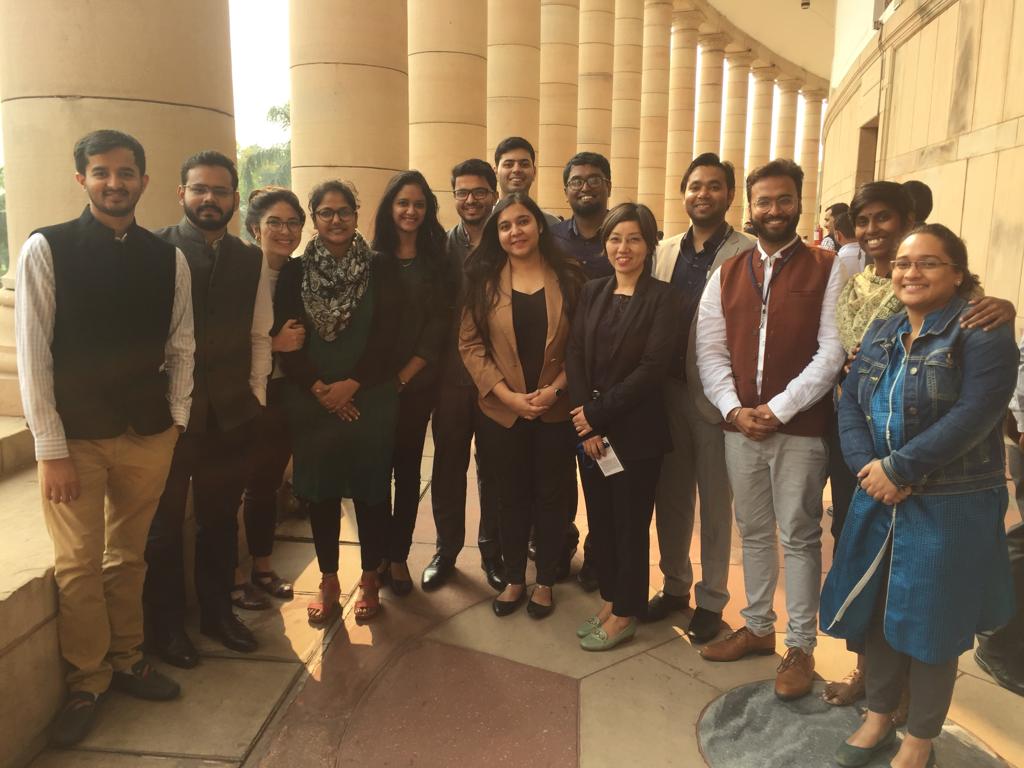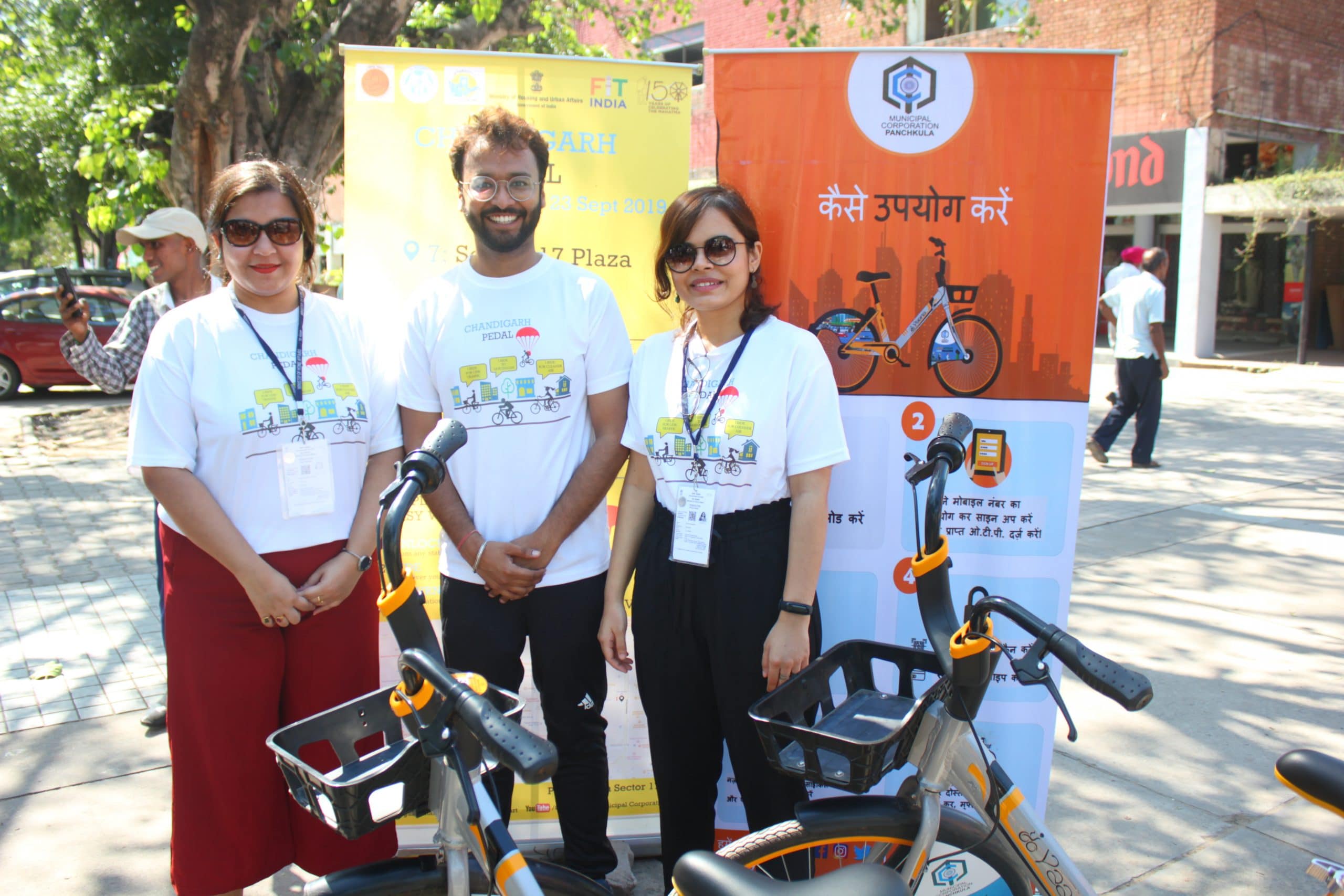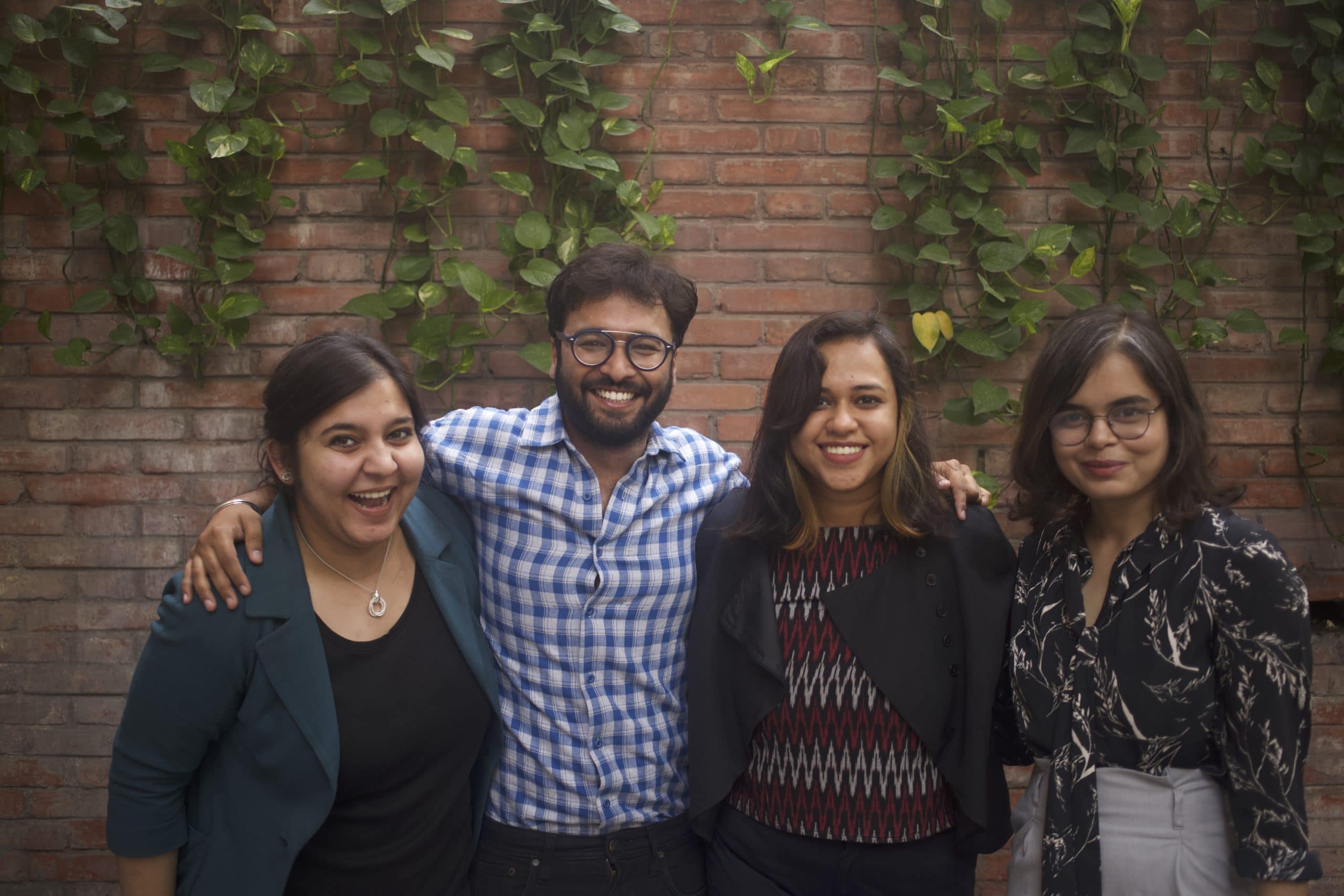
A 1-3 year program based in Delhi for recent graduates under the age of 35, the India Smart Cities Fellowship program looks for fellows experienced in urban planning, urban design, engineering, information technology, urban mobility, social development, environment, law, health, finance, or educational issues. Fellows apply their skills and experience in working with teams to find creative solutions to pressing challenges being faced by India’s urban sector. Fellows support city leaders in terms of analytics, research, documentation, independent assessment, visualization or any other activities.
We talked to Mayank Saravagi, a current Smart Cities Fellow, to learn more about the program and get some application tips.
1. What inspired you to apply for the Smart Cities Fellowship?
I have a Bachelor’s of Technology in Biotechnology and completed my Master’s in Habitat (Urban) Management from CEPT University, in Ahmedabad, Gujarat in 2017. After that, I worked with Tata Trust and the Ministry of Drinking Water and Sanitation on Swachh Bharat Mission in Gramin.
The fellowship allowed individuals with a diverse background to work in cities on urban-related issues. I was interested in it because it allowed us to think outside of the box and gave us the freedom to execute our ideas in cities and scale up to the national level. The concept of the fellowship was one of a kind because it allows an individual to frame their projects with creative solutions to the challenges being faced by India’s urban sector and pilot them to different cities across India.

2. What did you enjoy most about your fellowship?
As a Smart Cities Fellow, I learned a lot from my cohort, which was comprised of professionals with diverse backgrounds. Personal growth happened through this cross-learning, and I observed that I was able to analyze situations through different lenses that I did not previously possess. I credit this growth to learning from my interactions with my cohort.
The induction process was a great experience because I was able to learn a lot through the sessions chaired by experts on the various Ministry of Housing and Urban Affairs Missions as well as industry experts from highly reputable institutions. This is an experience I cherish because it gave me access to industry stalwarts to whom I look up. Even the concept of this Fellowship includes being mentored directly by the Smart City Mission Managing Director and Directors, which, although was experimental, allowed me greater access to the policy process and Ministry functioning.
Next, I was happy to participate in the ideation process during February, which led the fellows to form solutions to different urban issues, form teams, and develop what would eventually become the project on which we would spend the rest of the year working. Selecting ideas that aligned to the common interests of the other fellows was a challenge that allowed us to interact freely and form close friendships through debates, discussions and long sessions with the large cohort. In my opinion, the design-thinking approach adopted in this process of project ideation allowed the other Fellows and I to express the ideas and solutions closest to our hearts while being framed through training sessions and our diverse backgrounds.
With the encouragement of Ministry officials, none of our ideas were scrapped; rather, they were honed and nurtured. Concurrently, the Fellows also participated in the 2nd CEOs Conference in Delhi, where I met so many Smart Cities CEOs and industry experts. This boosted my confidence in being able to design and execute projects relevant to the needs of the cities in the Smart Cities Mission.
Executing the project at Chandigarh presented a great learning curve. While working with varied stakeholders and within the stipulated time period for the execution of our project, there was a time when things didn’t happen as we planned. e However, we never lost hope we had an alternative plan that helped us to adapt to the situations and work accordingly. I would also say that it enhanced my communication as well as multitasking skills.
To put it in perspective, similar to my previous experiences with Swachch Bharat (Rural), these interactions allowed me to frame my knowledge and understanding of the issues facing urban India today. There were not major inhibitors, I would say the challenges and uncertainty gave me space to think out of the box while still being aligned with the project outcome.
The camaraderie that we shared during and beyond work will be cherished always. Each teammate was from varied backgrounds, but working for the same cause. A holistic approach was used to analyze the situation and accordingly, and a strategy was framed. I am thankful that I got an opportunity to learn and work with them and build our project.

3. What tips would you give others applying to the Smart Cities Fellowship?
I think the candidate needs to be confident, focussed, and know about his/her subject. While filling out the application form, the candidate needs to identify any urban-related issues and recommend a solution for them. The selected candidate will be called for an interview. In my experience, it’s about confidence, honesty, and understanding of your subject. It’s a very relaxed process and the candidate should not stress about it too much.
Mayank Saravagi has a post-graduate degree from CEPT University, Ahmedabad. Presently working as a Smart cities Fellow with the Ministry of Housing and Urban Affairs and has worked on various aspects of the Swachh Bharat Mission (Rural) with the Ministry of Drinking Water and Sanitation. As a consultant with Tata Trusts, Mayank has contributed to capacity building, financial planning, information – education and communication, and solid waste management, among other aspects. He is interested in working at the intersection of urban policy, infrastructure/services planning and urban governance under the various projects of the Government of India.
Interested in applying? Bookmark the India Smart Cities Fellowship to your ProFellow account.
© Victoria Johnson 2020, all rights reserved.